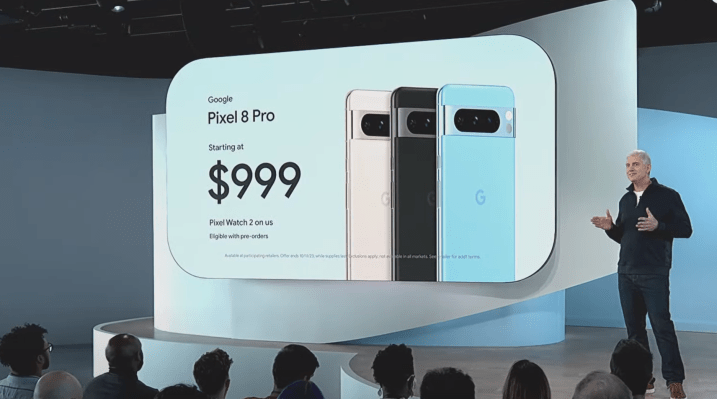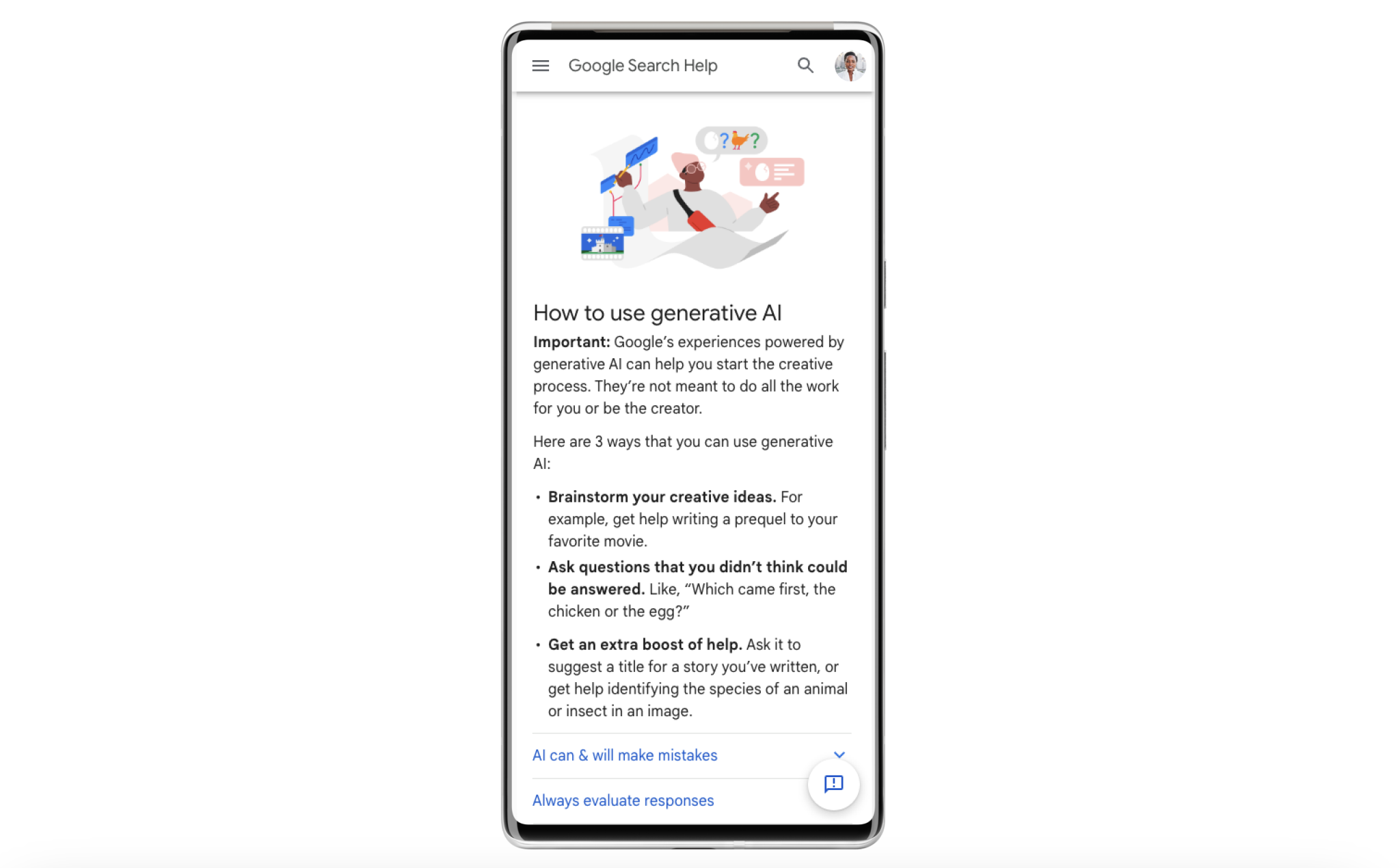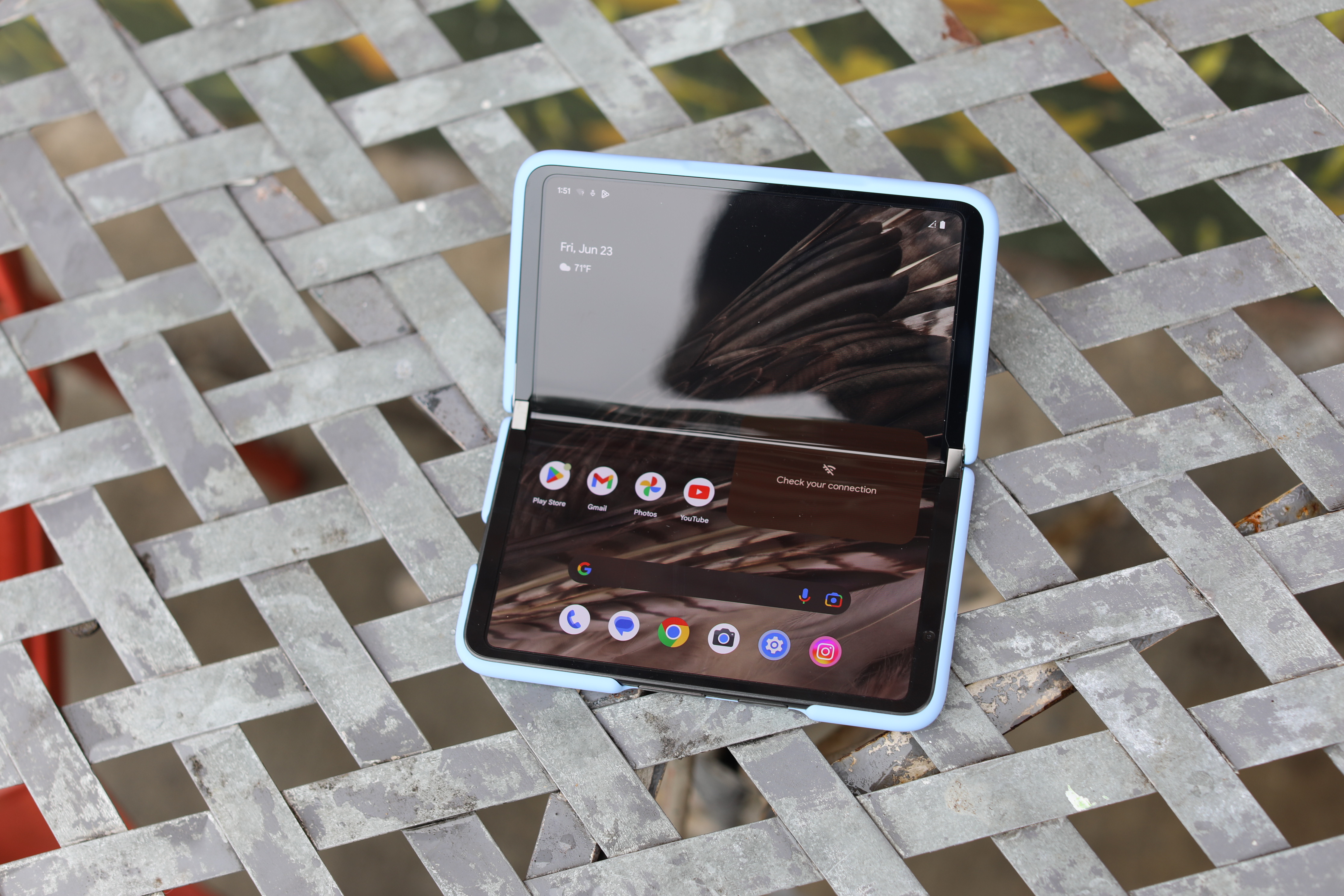Business
Google Pixel Event 2023: Everything announced, including the Pixel 8 series, Pixel Watch 2, Pixel Buds Pro, Android 14


Today’s Google Pixel Event, Made By Google, gave the search and consumer tech giant a chance to show off what it’s been working on. There were so many updates on Pixel 8, Pixel Watch 2 and other goodies. We summed up the most important parts from the keynote below.
Pixel 8 and Pixel 8 Pro
Pixel 8 and Pixel 8 Pro are the latest versions of Google’s smartphone technology, with the company touting “They’re fast and secure phones with Google AI and the most advanced Pixel Cameras yet.”
- At 6.1 inches, the Pixel 8’s display is a fraction of an inch smaller than its predecessor, while the Pixel 8 Pro retains its 6.8 inches.
- The 8’s resolution is the same as before at 1080 x 2400, while the 8 Pro actually loses a bit of Pixel density from 512 to 489 ppi at 1344 x 2992.
- The biggest benefit to the new Actua display (or Super Actua, in the case of the Pro) is extreme brightness. The 8 peaks out at 2,000 nits and the 8 Pro at 2,400. Both screens have a 120hz peak refresh rate.
- The latest version of the Android handset starts at $699 for the 8 and $999 for the 8 Pro. Read more.
Meanwhile, the Google Pixel 8 Pro upgrades include the display, the glass with Corning Gorilla Glass Victus 2 and a bunch on the camera.
Here are some camera highlights:
- 50 mp main wide camera, with a 24mm equivalent when talking in classic film camera focal lengths.
- 2x “Optical Quality” mode.
- The addition of Google’s Super Res Zoom digital computational tele mode, which can go up to 8x. Read even more.
Darrell Etherington’s first impression: “Google has taken a very iterative approach to this year’s model, but the upgraded camera specs and the new Tensor G3 processor that powers the Pixel 8 Pro look to be where a lot of the benefits of upgrading lie.”
Speaking of camera, two of the new features include Magic Editor, which enables background filling and subject repositioning, and Greatest Take, which combines multiple shots to create the greatest group photo. Read more.

Image Credits: Google
Pixel Watch 2
Google finally released its first smartwatch last year to mixed reviews. Now it is getting some upgrades.
The biggest changes? Improved heart rate monitoring and the addition of a pair of new sensors designed to give the device a fuller picture of its wearer. Also, the addition of a body-response sensor and skin temperature sensor are borrowed from the Fitbit line and bring along new stress management features. Read more.
Image Credits: Google
Pixel Buds Pro
Google’s update of the Pixel Buds Pro includes features like conversation detection — which is similar to Apple’s conversation awareness features for AirPods — listening stats, and support for Bluetooth Super Wideband for better sound quality on call.
It also uses AI to detect when you start speaking and reduces the background noise by switching to the transparency mode. Once you’re done talking music resumes and the buds switch back to active noise cancellation mode. Read more.
Image Credits: Darrell Etherington
Android 14, Google Assistant, Call Screen and more
The Android 14 mobile operating system comes with new customization options, accessibility features and more this year. The OS will begin rolling out to supported Pixel devices today and then to other Android devices later this year. Highlights include switching between wallpapers to quickly make changes to what you want to see at a glance and more easily set custom lock screen shortcuts. There are also new lock screen templates for fonts, widgets, colors and formats. Google also leverages AI to make changes to the lock screen based on your current situation. For example, if your area is having bad weather, the lock screen will make your weather widget more prominent. Read more.
Now on to Google Assistant, which is getting an AI-powered update. Assistant with Bard is a new version of the mobile personal assistant that’s essentially a combination of Google Assistant and Bard for mobile devices. It can now handle a broader range of questions and tasks, ranging from simple requests like “what’s the weather?,” “set an alarm,” or “text Jenny,” as before, to now more intelligent responses provided by Google’s Bard AI. Read more.
Another upgrade is to the Call Screen feature that enables users to better determine which calls they want to skip and those they want to take. This includes the AI answering calls on behalf of users — a realistic-sounding voice, I might add — in an impressive demo during the event. Even better, it is helping users received 50% fewer spam calls, on average, by managing calls from unknown numbers. The company claims the feature is now smart enough to separate the calls you want to take from those you don’t. Read more.

Image Credits: Google
Google Pixel Fold
The Pixel Fold, which launched earlier this year, is Google’s first foldable. “The $1,800 asking price is still prohibitively expensive, but features like this will go a long way toward getting a lot more value out of the device,” according to Brian Heater.
Let’s now discuss Dual-Screen Interpreter mode. The feature arrives today as part of a larger Pixel drop, leverages Google’s long-standing translation expertise. By opening the device completely flat, you can speak to someone in different language, which translations popping up on either side. So they’ll see what you’re saying in their language and vice verse. The system is currently available in 45 languages. Read more.

Image Credits: Brian Heater
More Google news:
Google launches $399 Chromebook Plus category
Fitbit brings Pixel Watch features to the Charge 6
ChromeOS 117 update brings Material You design and a new window organizer
-

 Entertainment6 days ago
Entertainment6 days agoWordPress.org’s login page demands you pledge loyalty to pineapple pizza
-

 Entertainment7 days ago
Entertainment7 days agoThe 22 greatest horror films of 2024, and where to watch them
-

 Entertainment7 days ago
Entertainment7 days agoRules for blocking or going no contact after a breakup
-

 Entertainment6 days ago
Entertainment6 days ago‘Mufasa: The Lion King’ review: Can Barry Jenkins break the Disney machine?
-

 Entertainment5 days ago
Entertainment5 days agoOpenAI’s plan to make ChatGPT the ‘everything app’ has never been more clear
-

 Entertainment4 days ago
Entertainment4 days ago‘The Last Showgirl’ review: Pamela Anderson leads a shattering ensemble as an aging burlesque entertainer
-

 Entertainment5 days ago
Entertainment5 days agoHow to watch NFL Christmas Gameday and Beyoncé halftime
-

 Entertainment3 days ago
Entertainment3 days ago‘The Room Next Door’ review: Tilda Swinton and Julianne Moore are magnificent






















